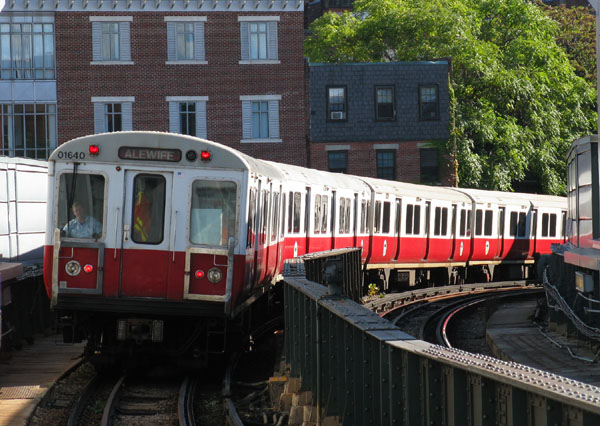Opposite Ends of I-90: Mayors’ Priorities
Boston or Seattle?
…a bright-eyed focus on micro-units and bike sharing and restaurant-driven redevelopment might seem overly idealistic — a distraction from the realities of many neighborhoods.
Boston has an upcoming mayoral election, and the above quote is taken from a Boston Globe editorial on what the next mayor should focus on. The main issues called out in the piece have so many parallels with Seattle it’s worth excerpting a big chunk of it here:
Working through parking anxieties. When Boston was hemorrhaging residents to its suburbs, the city bent over backwards to provide something suburbanites take for granted: free, convenient parking. In addition to launching resident-only sticker programs for street parking in neighborhoods, the city also required developers of new housing to build spaces for cars. Yet minimum-parking rules push up housing costs significantly and squeeze out other amenities, such as outdoor space or extra storage, that tenants might value more. The rules also send an odd message: that Boston won’t accept newcomers if they make it harder for current residents to park for free.These rules are being overtaken by events. Once-utopian ideas like car- and bike-sharing have become part of the local transportation system. Even as the population grows, the number of vehicles being registered in the city keeps falling. Recognizing all this, the Boston Redevelopment Authority has wisely eased up on parking requirements. Will the next mayor go further, or reverse course amid criticism from some neighborhood groups?
Using the market to make housing affordable. In theory, minimum-square-footage rules keep unscrupulous landlords from keeping tenants in Dickensian squalor. In practice, fears that smaller apartments will turn into flophouses aren’t warranted, especially in a city where soaring housing costs pose a far greater danger than urban blight. Allowing smaller units onto the market cuts costs by squeezing more units into the same pricey lots.
Reinventing civic life. In the 1960s, when urban planning meant bulldozing some parts of town and blasting highways through others, Boston’s historic neighborhoods had much to fear from grand schemes from on high. The city learned from that, and now gives neighbors and neighborhood associations a strong voice in decisions that might affect them.
But fending off ill-conceived planning schemes is only a small part of what keeps a neighborhood vital; filling it with a varied mix of people, businesses, buildings, and attractions is the bigger part. Yet in discussions of business licenses, proposals for new housing, and other ideas, neighbors often wield their veto reflexively, and it’s easier for authorities to say no to unusual proposals than to say yes. Weekday Licensing Board meetings or early-evening planning meetings don’t draw in the full range of public opinion; would-be mayors should seek out additional ways — from online forums to social media — to gather input from a broader range of Bostonians.
Encouraging late-night business. Even before all the recent attention on tech workers with 24-hour schedules, people in many long-established occupations — late-shift cops, medical residents, emergency-room nurses — needed places to eat, shop, and work out after the city rolls up its sidewalks at night.

From the perspective of Seattle, two key urban planning issues missing from the above discussion are transit and density, and that’s because Boston is out ahead in both of those departments. In addition to a robust bus system, Boston has an extensive subway, as well as numerous commuter train lines. Boston has almost twice the population density as Seattle, and that not only supports a wonderful walking city, but also makes Boston’s transit systems inherently more viable than Seattle’s.
While it’s important for the future mayors of both Boston and Seattle to take on the objectives quoted above, Seattle’s mayor will have the additional burden of addressing the critical need to expand transit and raise density. For those who believe Boston is a good model for a city, these two core issues should be the primary lenses through which to evaluate Seattle’s candidates.
>>>
This post is part of a (sporadic) series.

